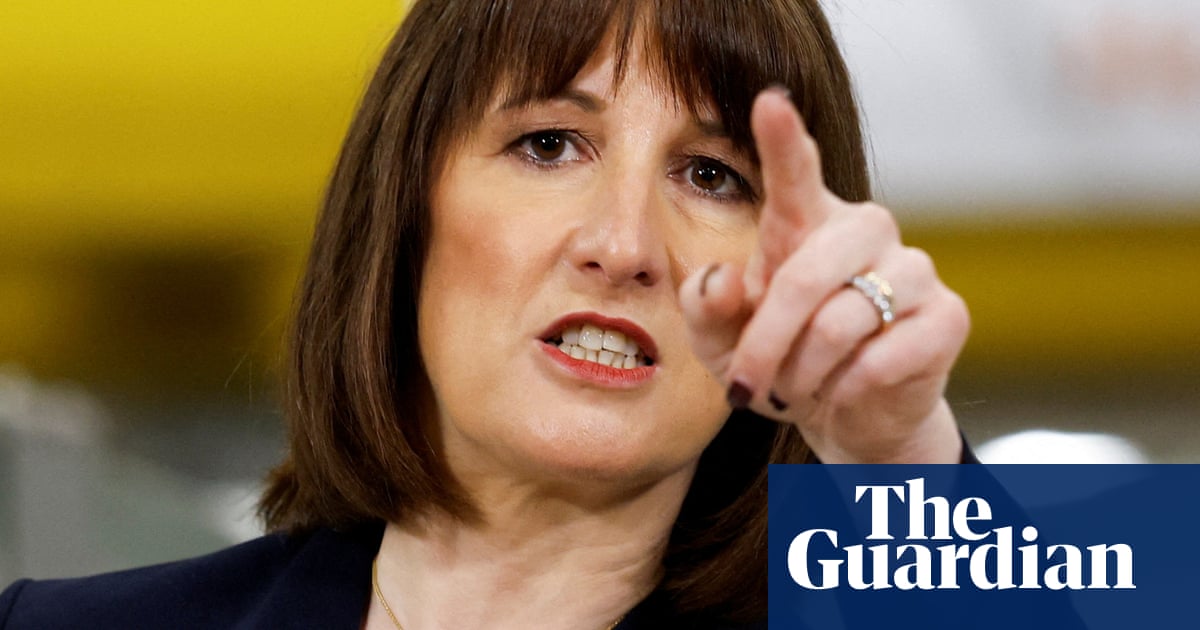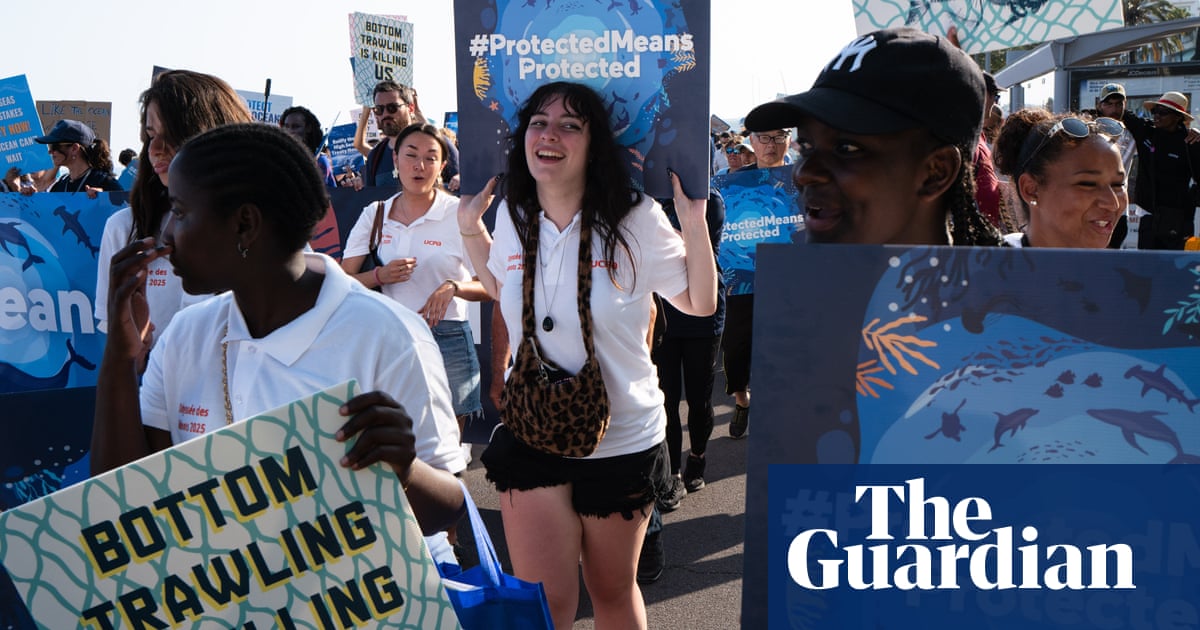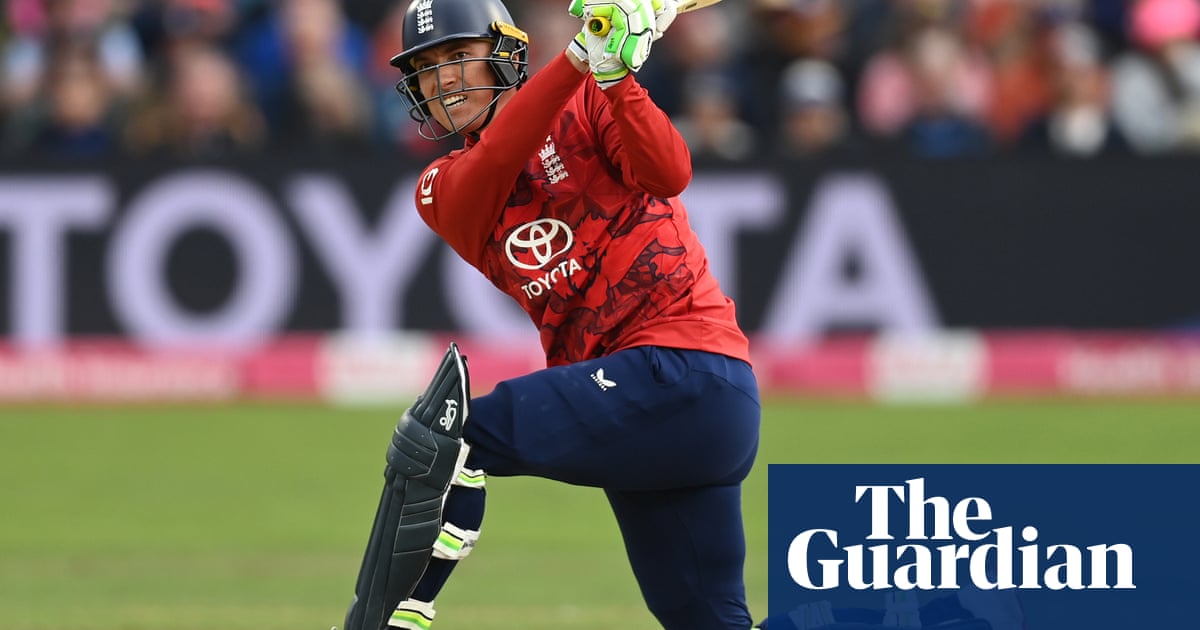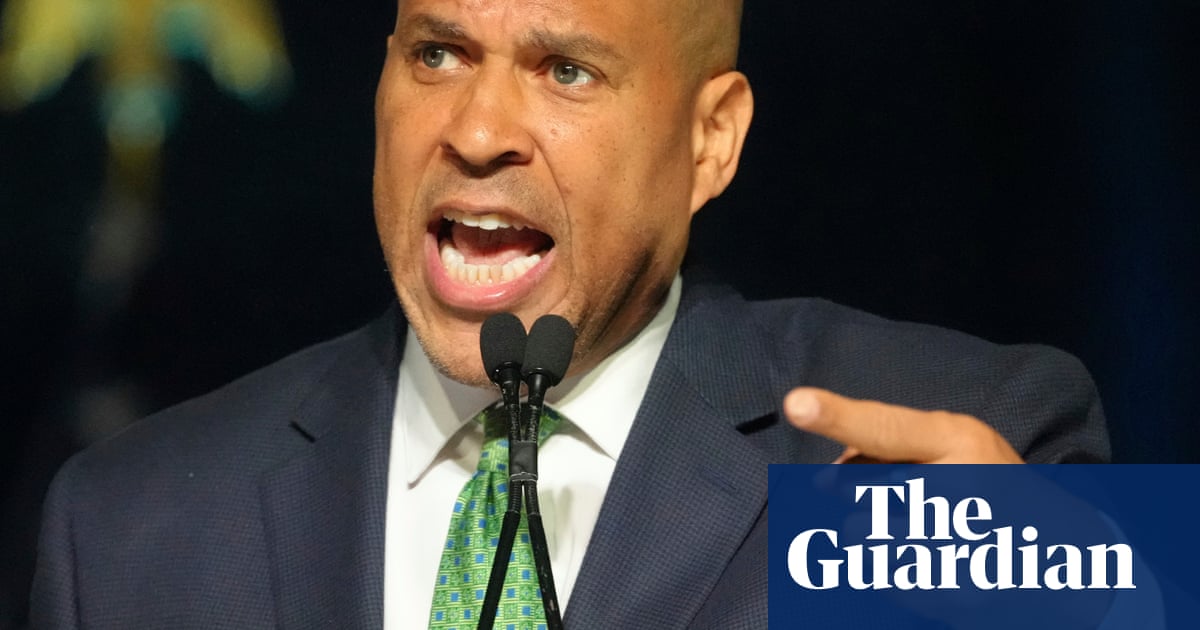A soldier left suicidal after complaints about a senior officer were ignored. Two women told they needed to grow up or their heads would be banged together after they complained about sexual harassment by their major. A servicewoman raped and left with post-traumatic stress disorder while her attacker was given a slap on the wrist.
Online army forums have been flooded this week with testimonies of abuse – and the military’s failure to tackle it – sparked by the inquest into the death of 19-year-old gunner Jaysley Beck. The head of the army, Gen Sir Roly Walker, has expressed his disgust and suggested senior ranks may even be “actively complicit” in abusive behaviour. The Ministry of Defence (MoD) has promised that lessons will be learned.
But longtime campaigners for change in the way sexual complaints in the military are handled say they have heard this all before. After an inquest this week found that the army played “more than a contributory part” in the teenager’s death, they have accused defence chiefs of paying “lip service” to reform.
Beck’s family has led calls for the most serious complaints to be removed from the military entirely, asking the prime minister himself to force change. The teenager killed herself after the army botched an investigation into her complaint of a sexual assault, making her reluctant to report her boss when he later launched an “onslaught” against her.
“Too often, servicewomen and men don’t feel able to speak up out of fear of being victimised, and even when they do, the army is left to investigate itself,” Beck’s family said. “This cannot continue.”
Sarah Atherton, a former chair of the House of Commons defence subcommittee and an ex-servicewoman, says she is tired of promises. She points to other scandals, such as women being treated as “property” in the Red Arrows and submariners being subjected to “intolerable” misogyny. She notes a major review in 2019 and the damning parliamentary inquiry she led in 2021, which found that almost two thirds of women in the armed forces had experienced bullying, sexual harassment and discrimination.
“I’ve spoken to countless service chiefs who are appalled at this abhorrent behaviour, who say it can’t continue,” she says. “They introduce initiatives, they introduce policies – yet nothing changes. It’s lip service.”
Evidence from more than a thousand people who shared testimonies on the military site Fill Your Boots and in closed forums after the inquest has been harrowing.
One woman described a group of male soldiers trying to open her door after a night out: “The next minute my door was flung open and they had used a boxing bag to barge the door,” she wrote. “I was told it was my word against theirs.” Another described not wanting to leave her room after being hounded by an aggressive colleague. “The [Royal Military Police] told me unless he had ‘actually committed a crime’ there was nothing they could do,” she wrote. A former commanding officer who had worked in complaints said weak leadership “allowed poor behaviour to continue and at times flourish – often under the guise of workplace banter and fun”.
The majority of testimonies appear to have come from women, but many men have also spoken out. One anonymous senior figure described his regret at not officially reporting an incident in which two junior officers “pull a bloke’s trousers down and jam a finger right up his arse”. Another man described fellow soldiers forcing “objects and parts of their own body into me”, saying he sometimes slept outside to stay safe.
The MoD insists changess have been made: the chain of command has been removed from the complaints system, anonymous hotlines have been introduced and “zero-tolerance policies” made clear. After the inquest the veterans minister, Alistair Carns, said the MoD was “deeply sorry for the failure” to protect Gunner Beck, the army would “learn lessons” and “substantive changes” were making the military safer.
But, Atherton says, the testimonies show the complaints process can still be manipulated. “The collusion, the loss of evidence, the misogyny, the old boy network, [it] is still going on,” she says. “This has to be a moment for the MoD to look at itself and say: ‘Did we do enough?’ And the answer to that is, clearly, no.”
Emma Norton, the founder of the Centre for Military Justice and a lawyer for Beck’s family, argues that changes to the appeals system have made it more difficult to challenge an outcome, with only 6% of complainants the centre deals with now able to appeal, compared with about a quarter previously.
“Our experience of supporting women that go through the service complaints process to report discrimination, harassment and bullying is that it is appalling and brutalising,” she says.
Diane Allen, a retired lieutenant colonel from the Independent Defence Authority, which helps victims in the military, says she hopes the appointment of a promised independent defence commissioner, announced by the government earlier this month, will help. “If the MoD is unable or unwilling to enact change, we need an independent figure to mandate it,” she says. “Either there has to be some real backbone in military leadership, or parliament has to say we’re not willing for the UK’s reputation to keep being trashed by this.”
Information and support for anyone affected by rape or sexual abuse issues is available from the following organisations. In the UK, Rape Crisis offers support on 0808 500 2222 in England and Wales, 0808 801 0302 in Scotland, or 0800 0246 991 in Northern Ireland. In the US, Rainn offers support on 800-656-4673. In Australia, support is available at 1800Respect (1800 737 732). Other international helplines can be found at ibiblio.org/rcip/internl.html

 3 months ago
64
3 months ago
64

















































